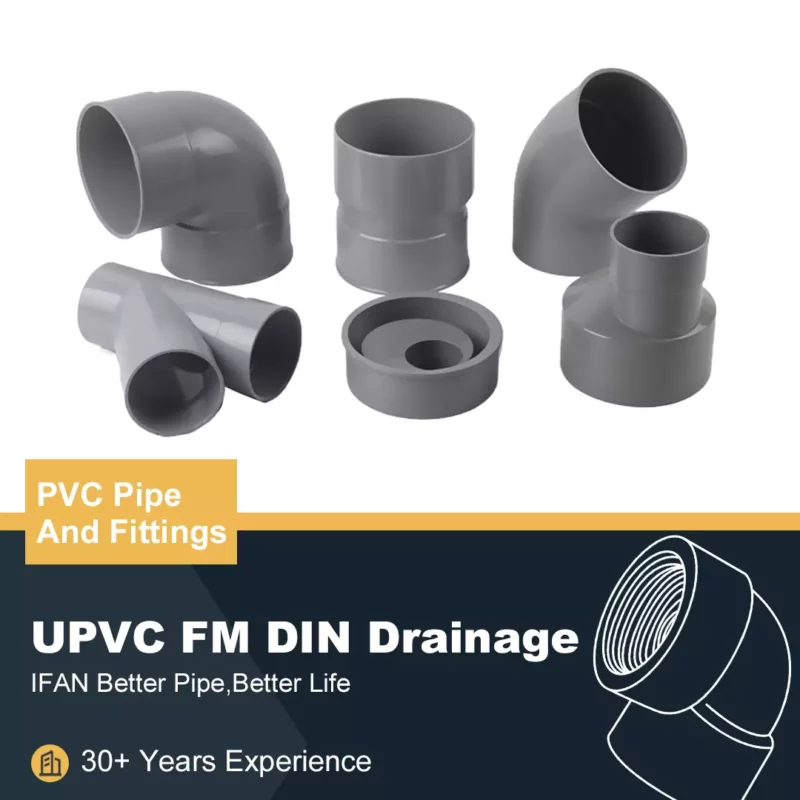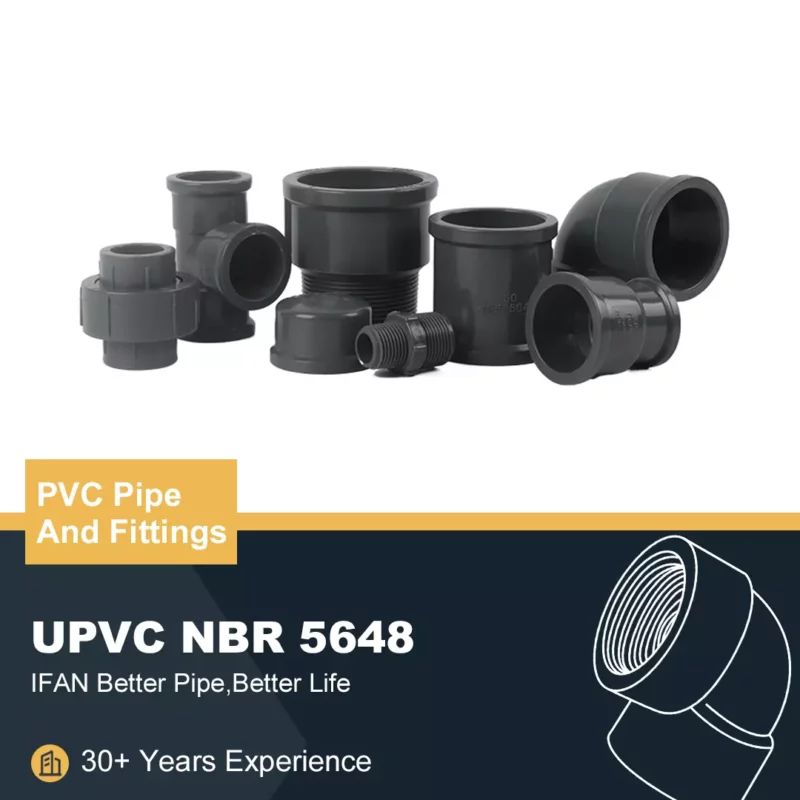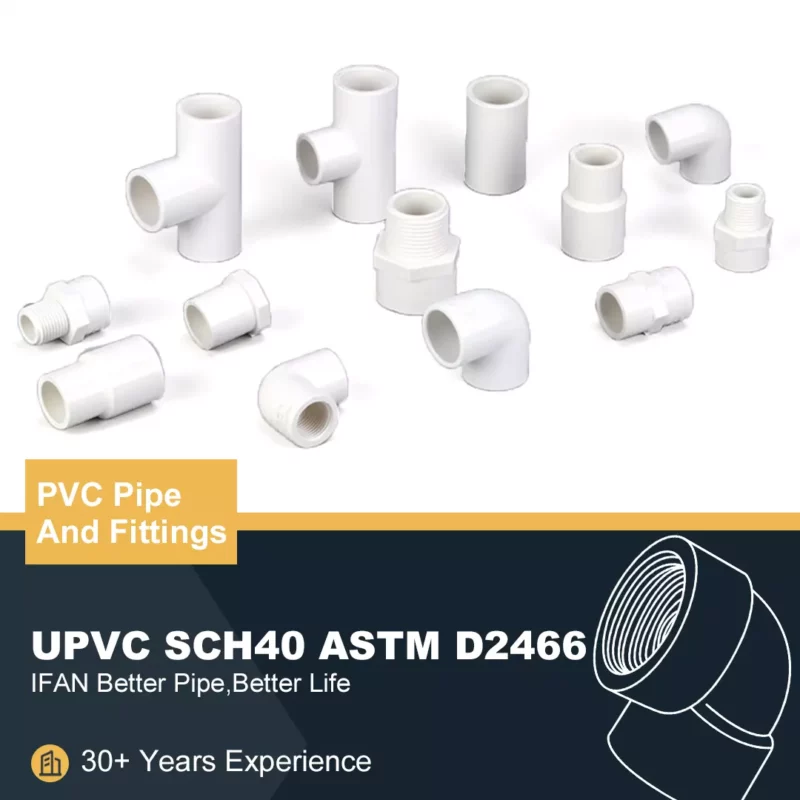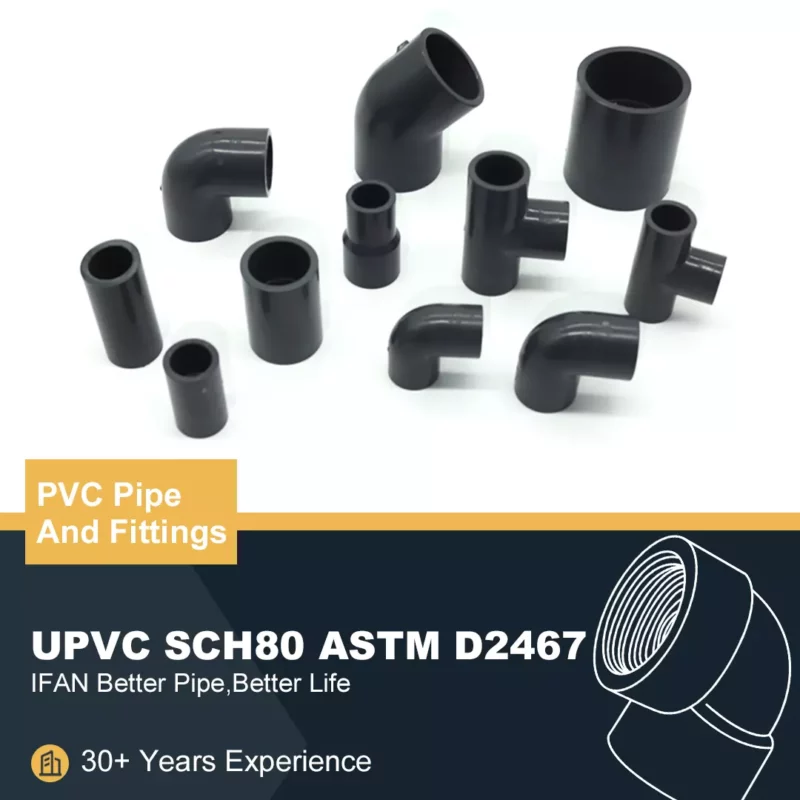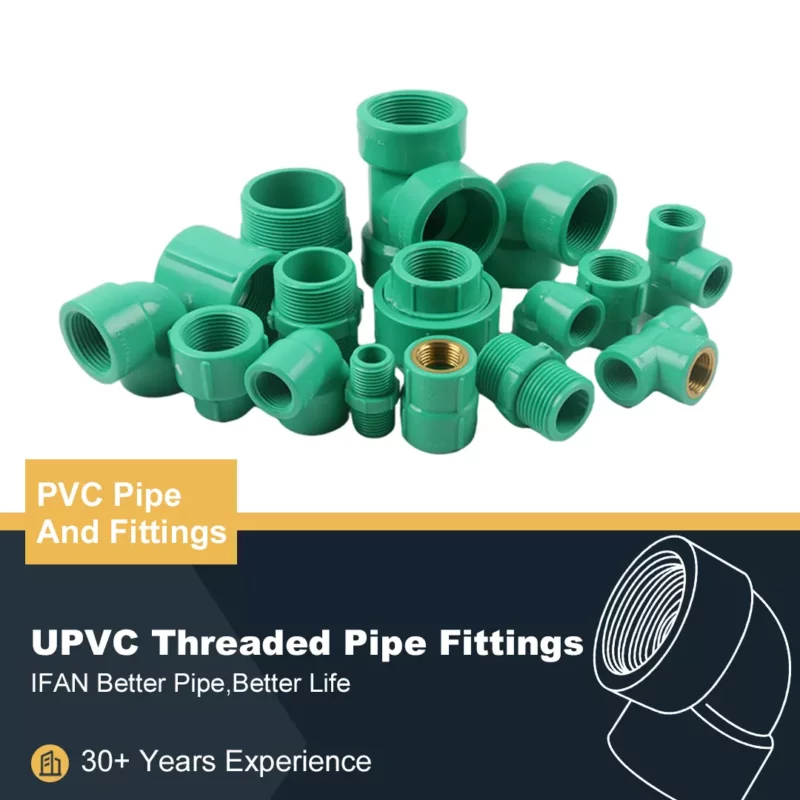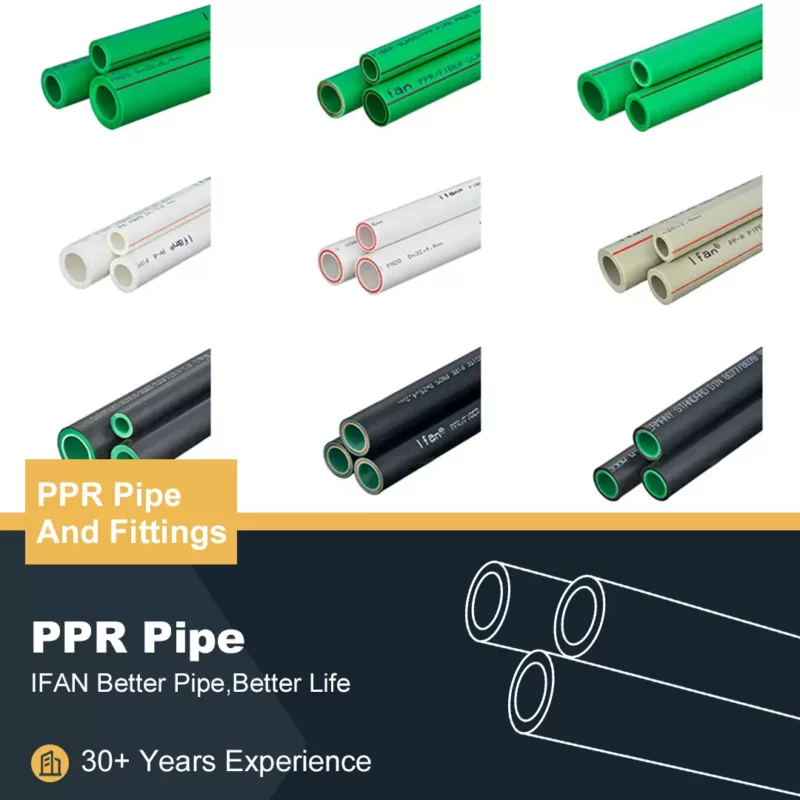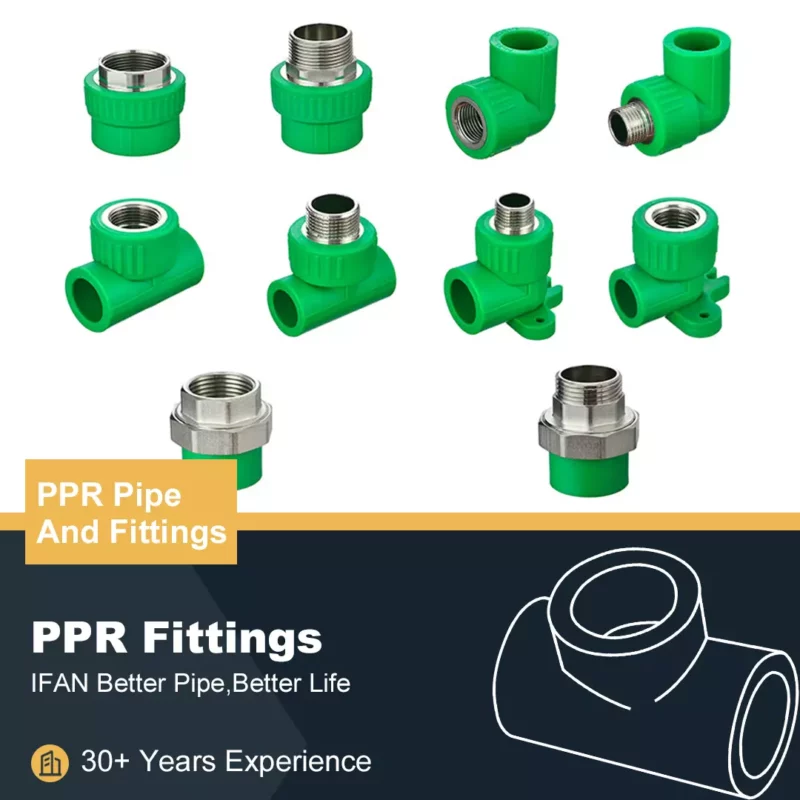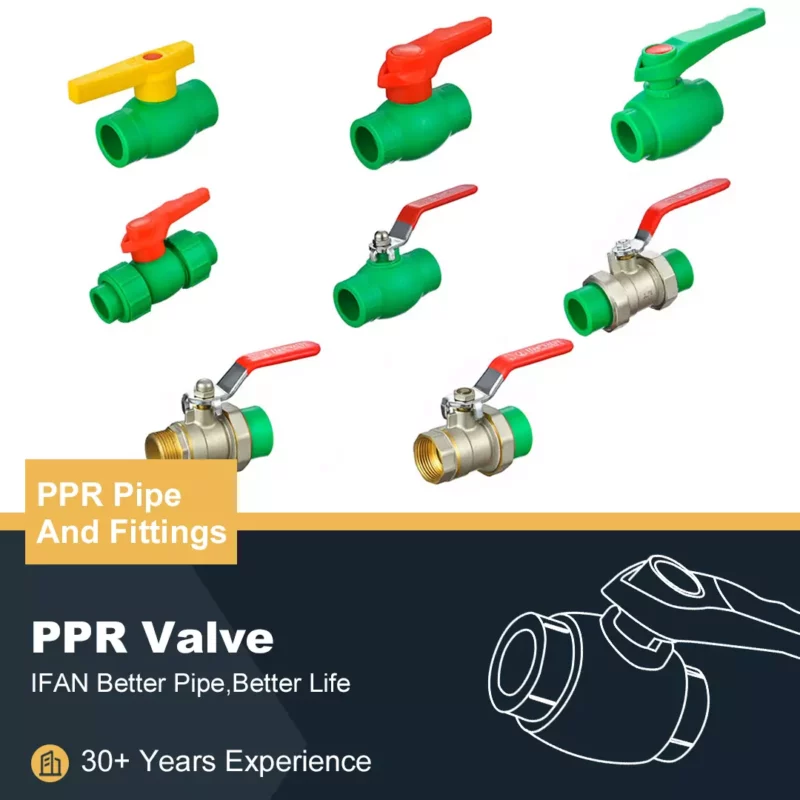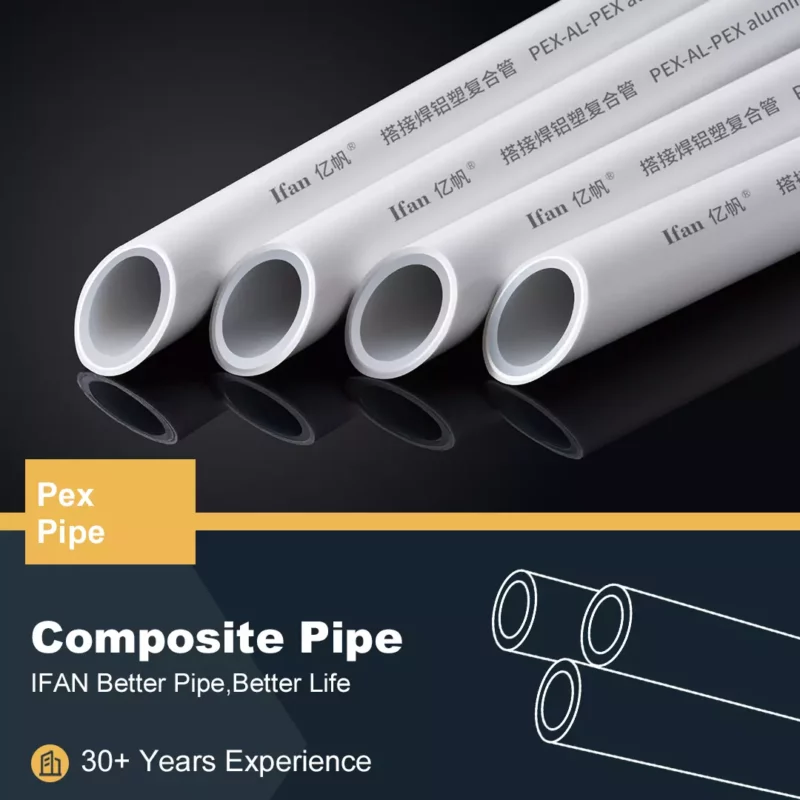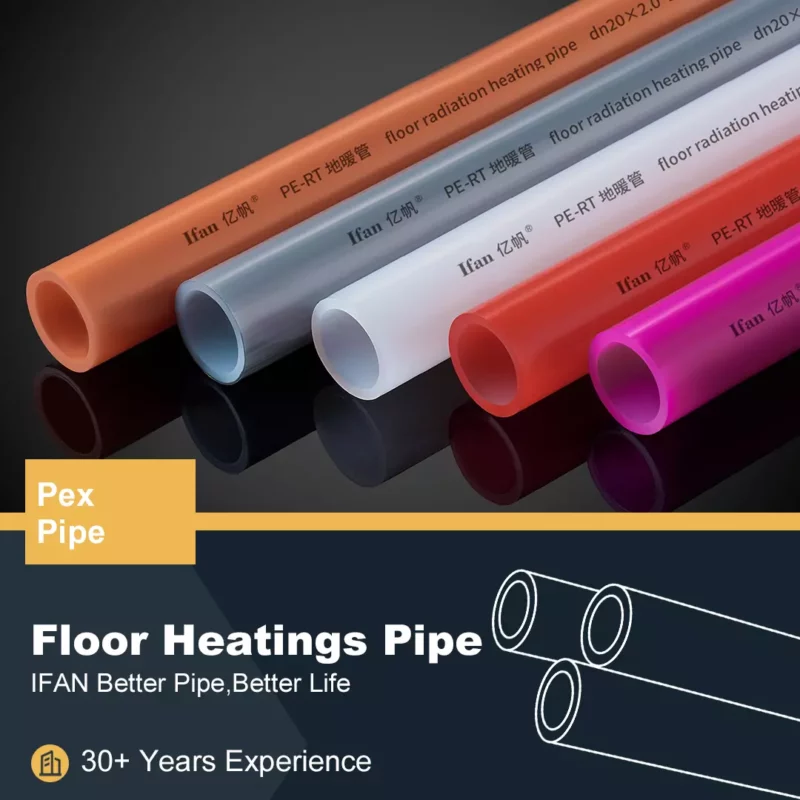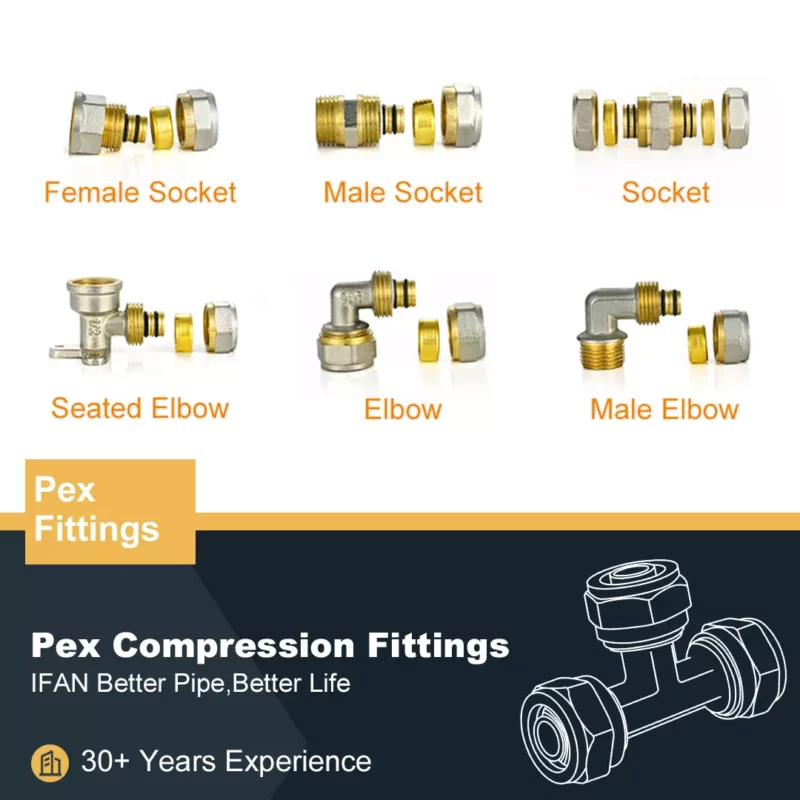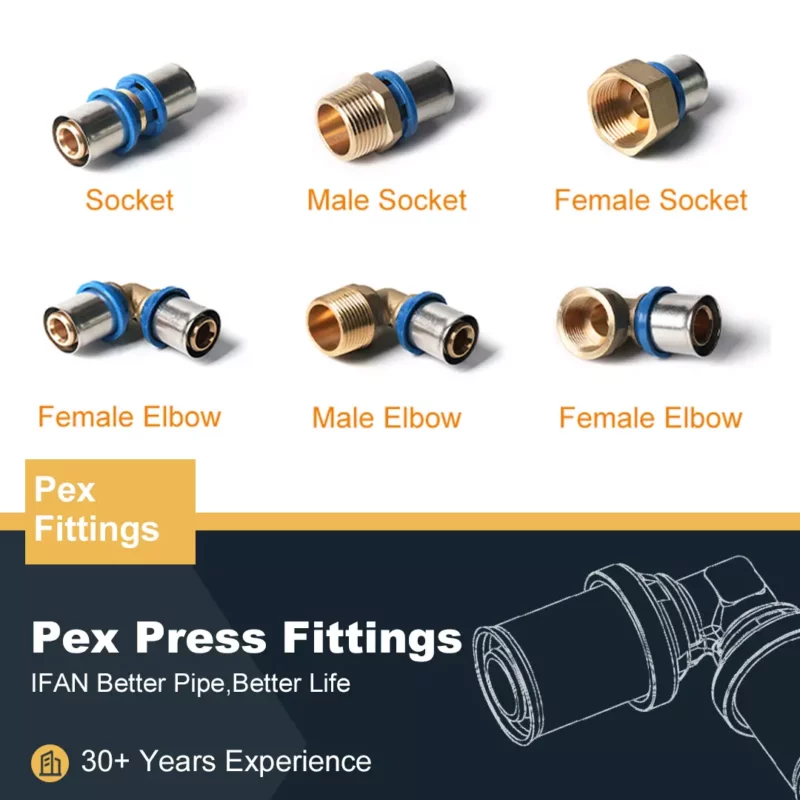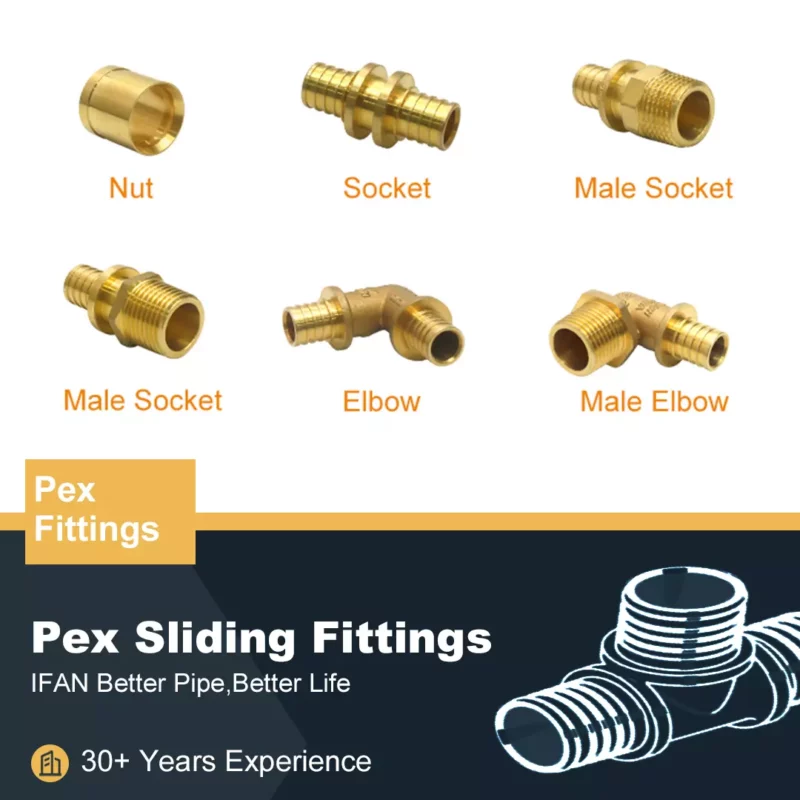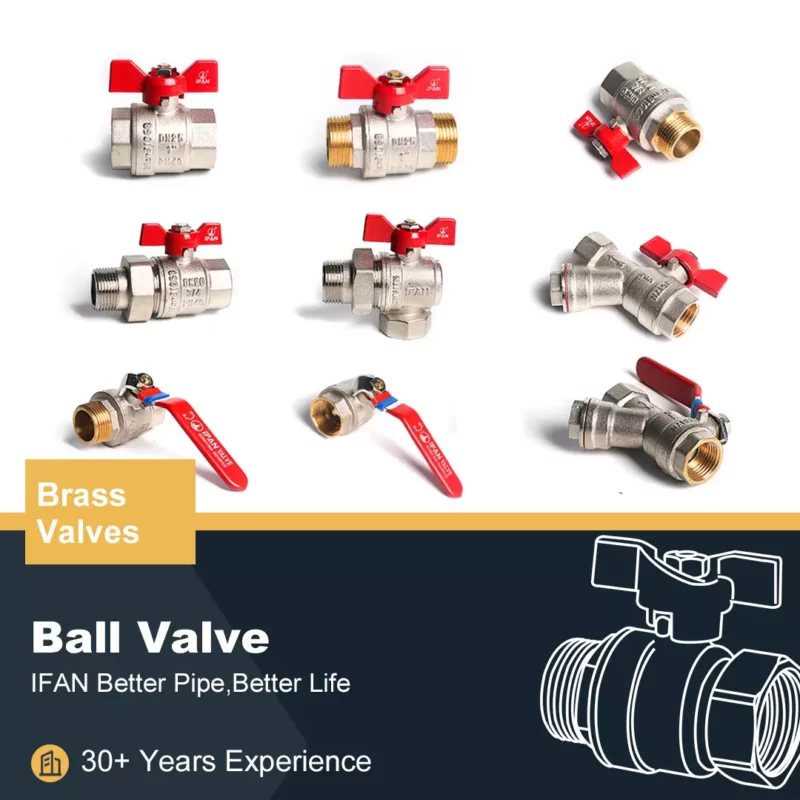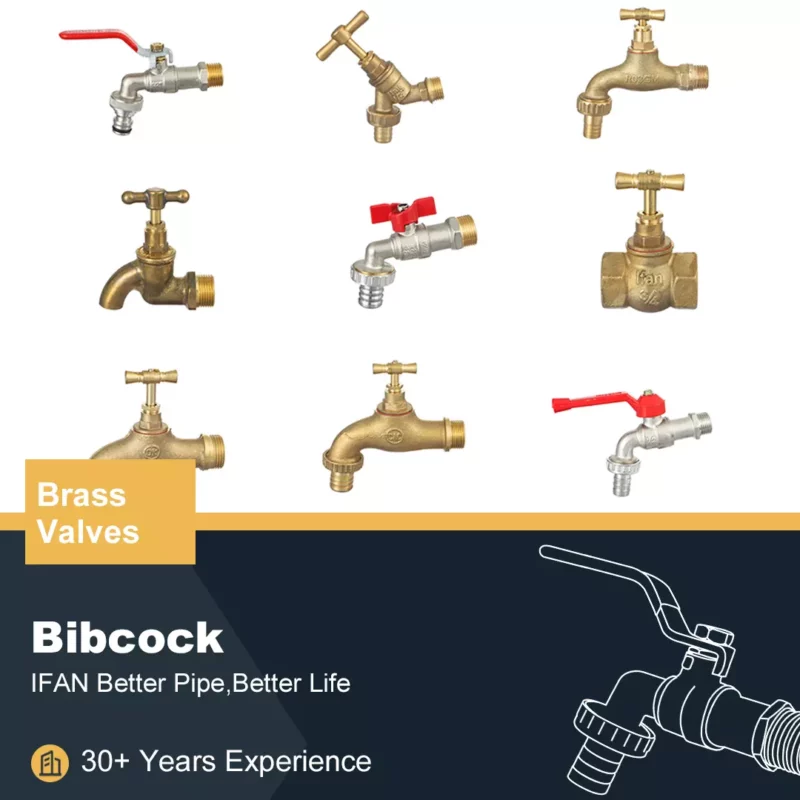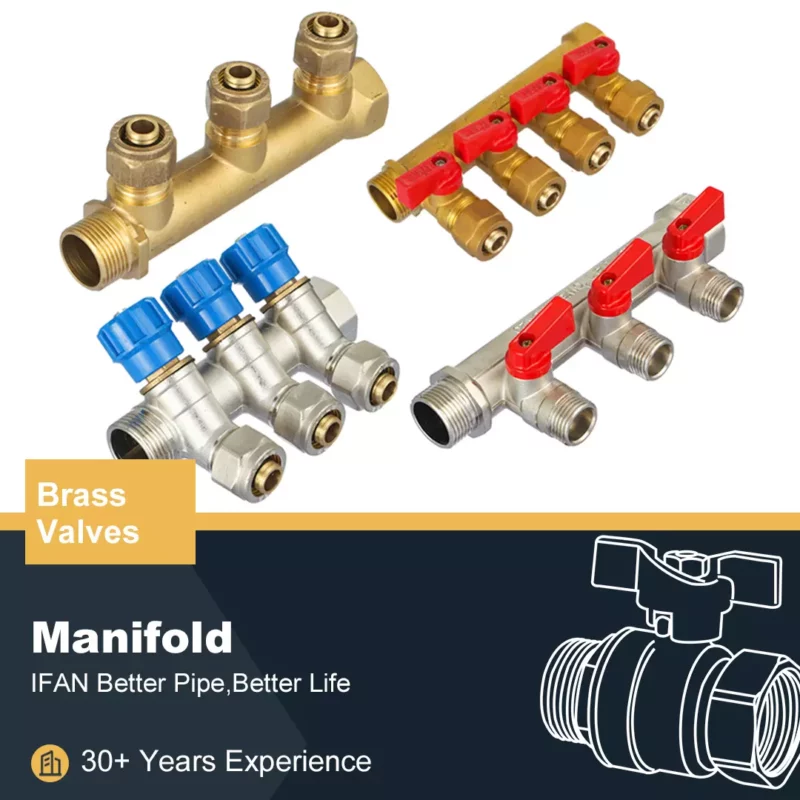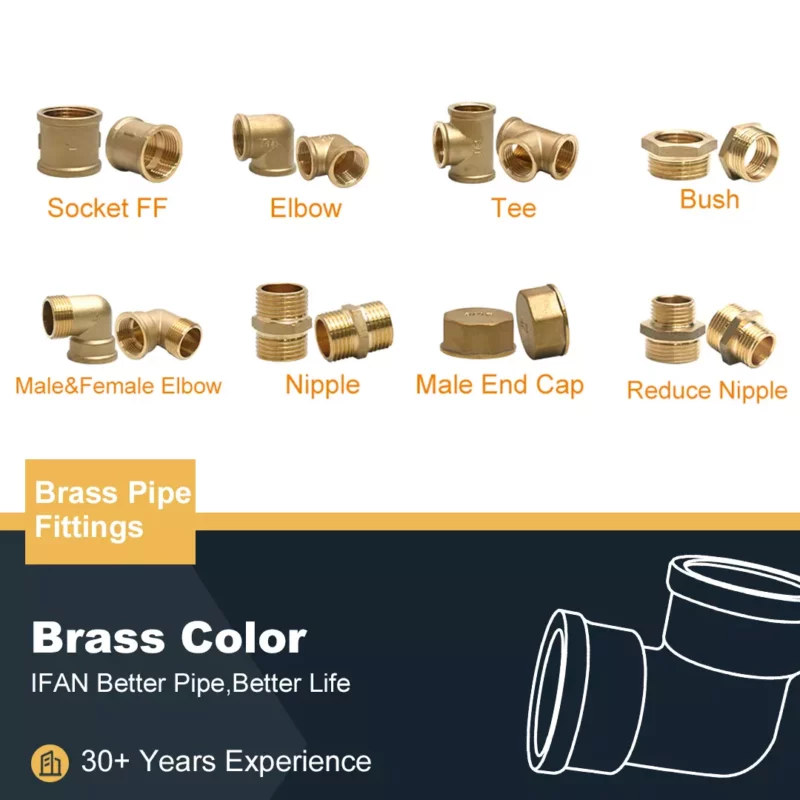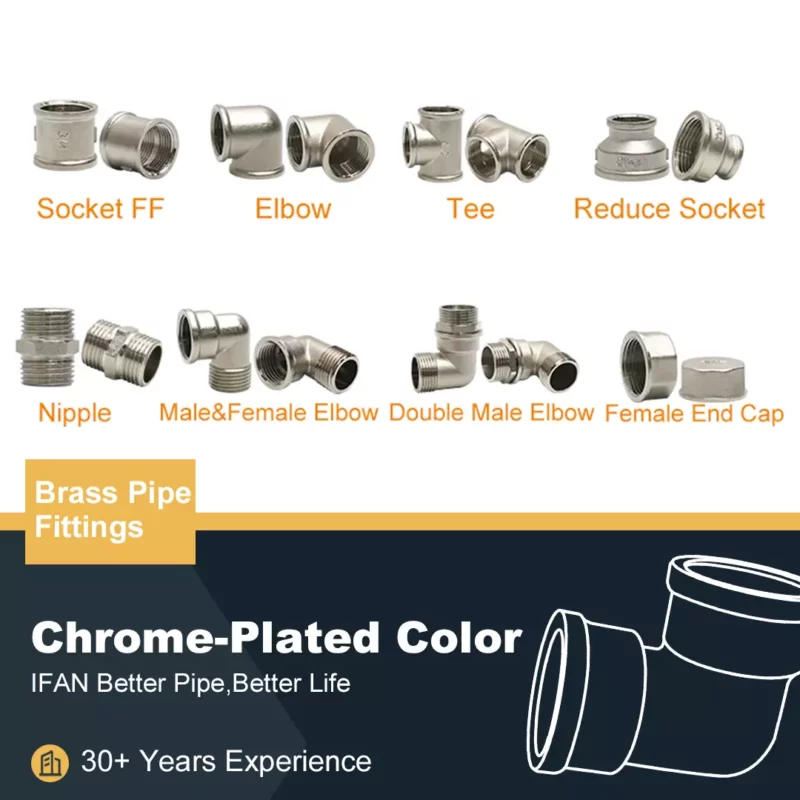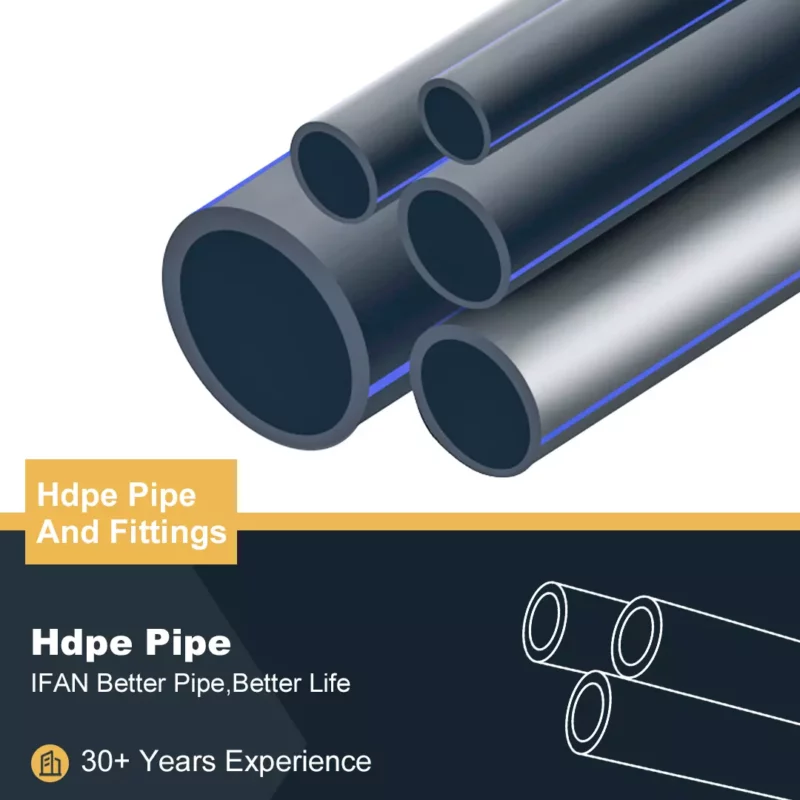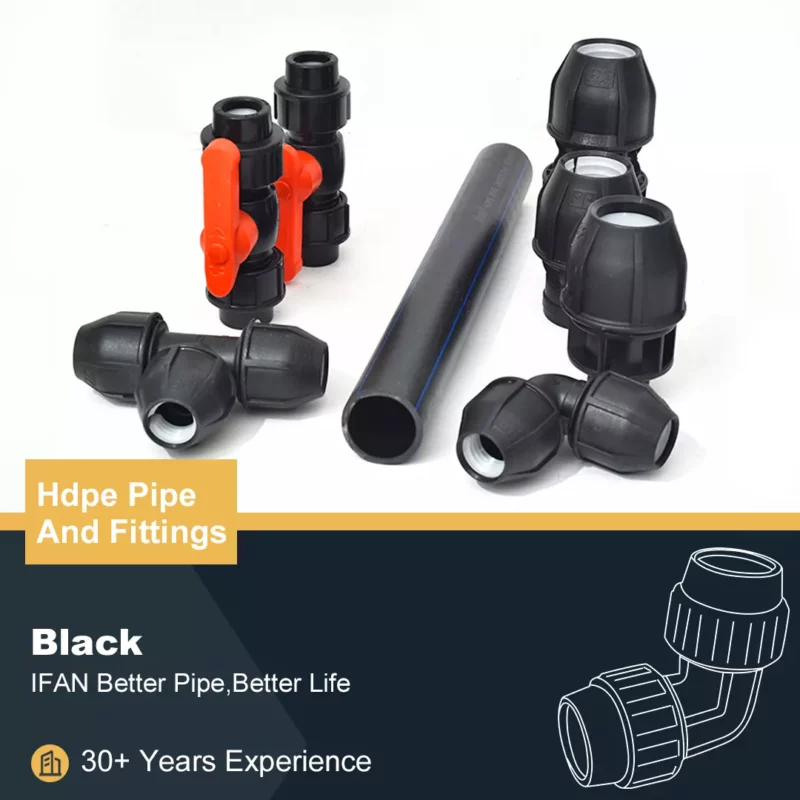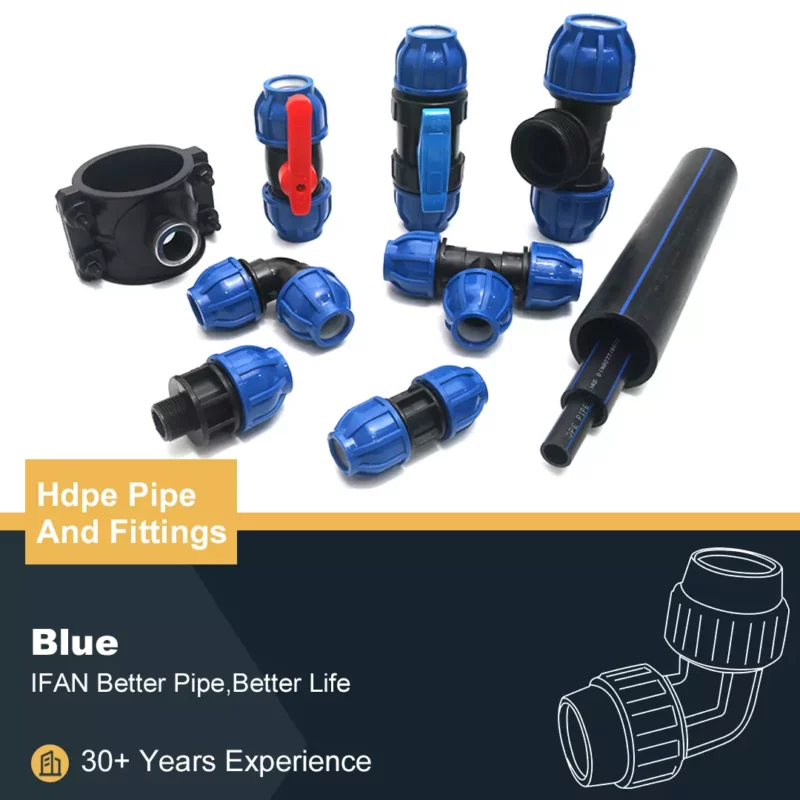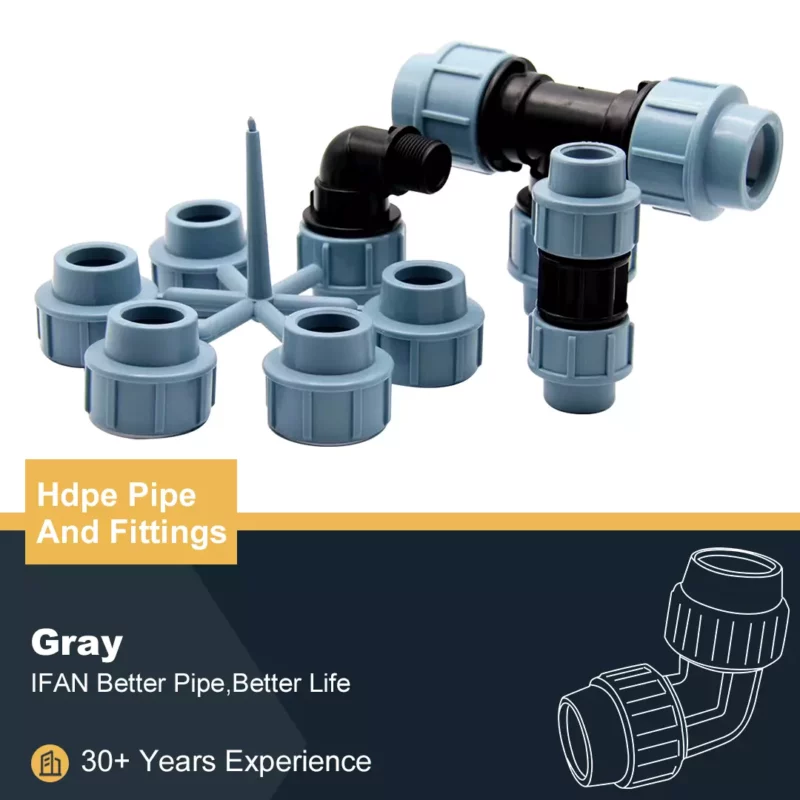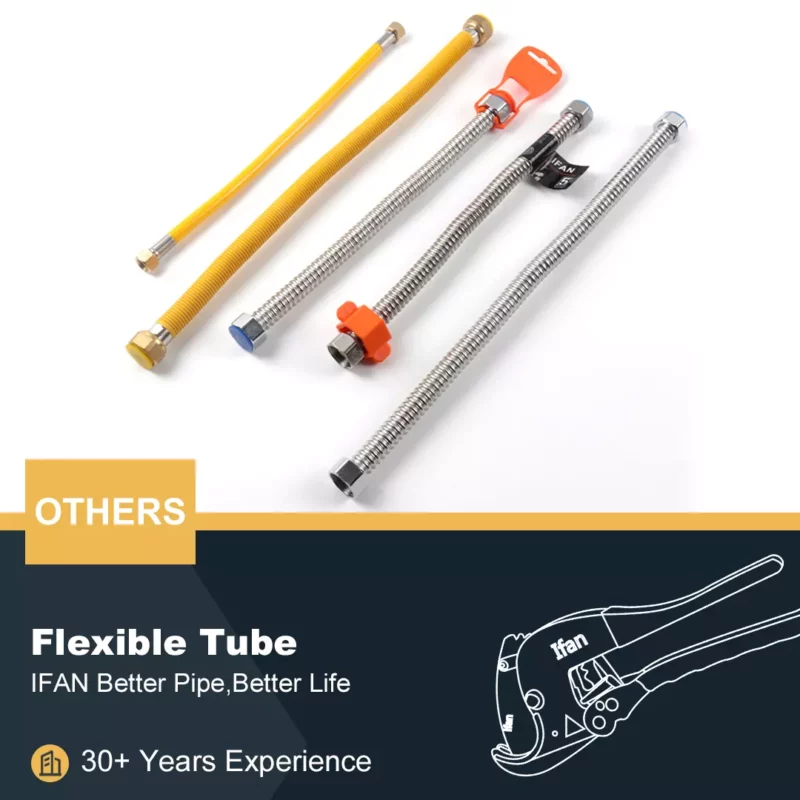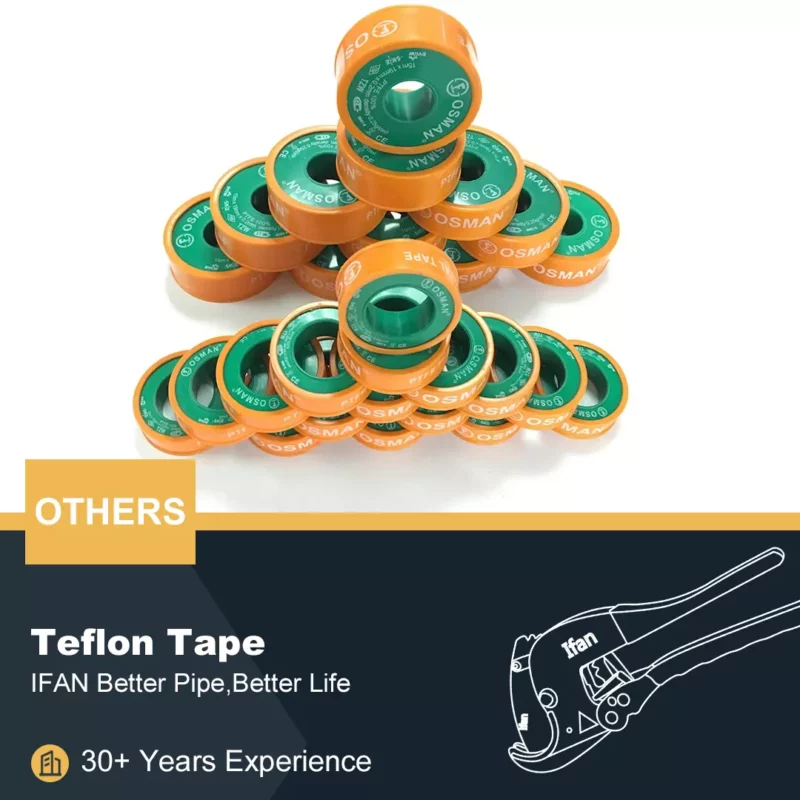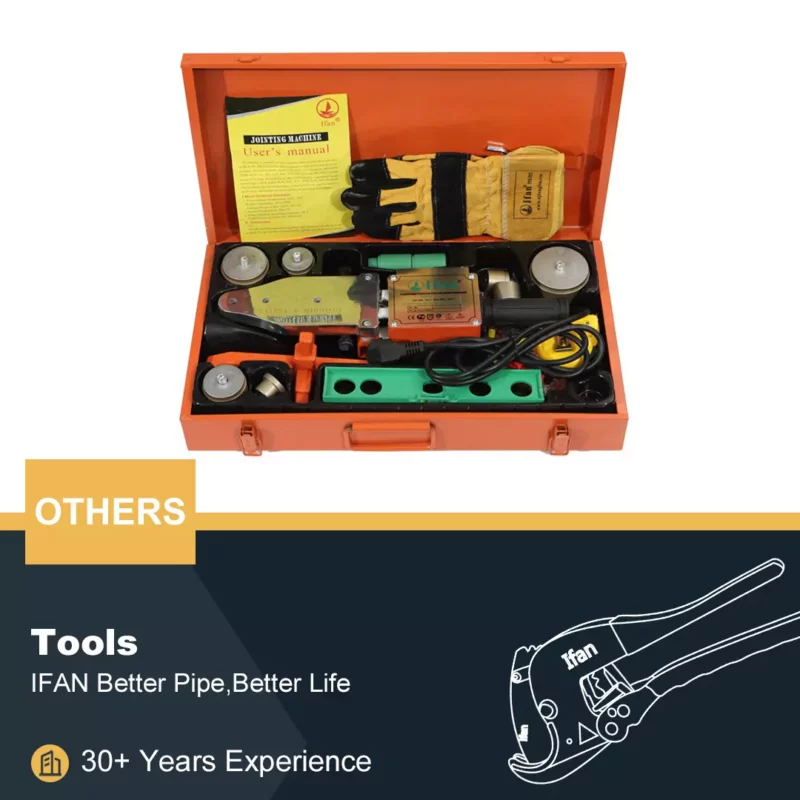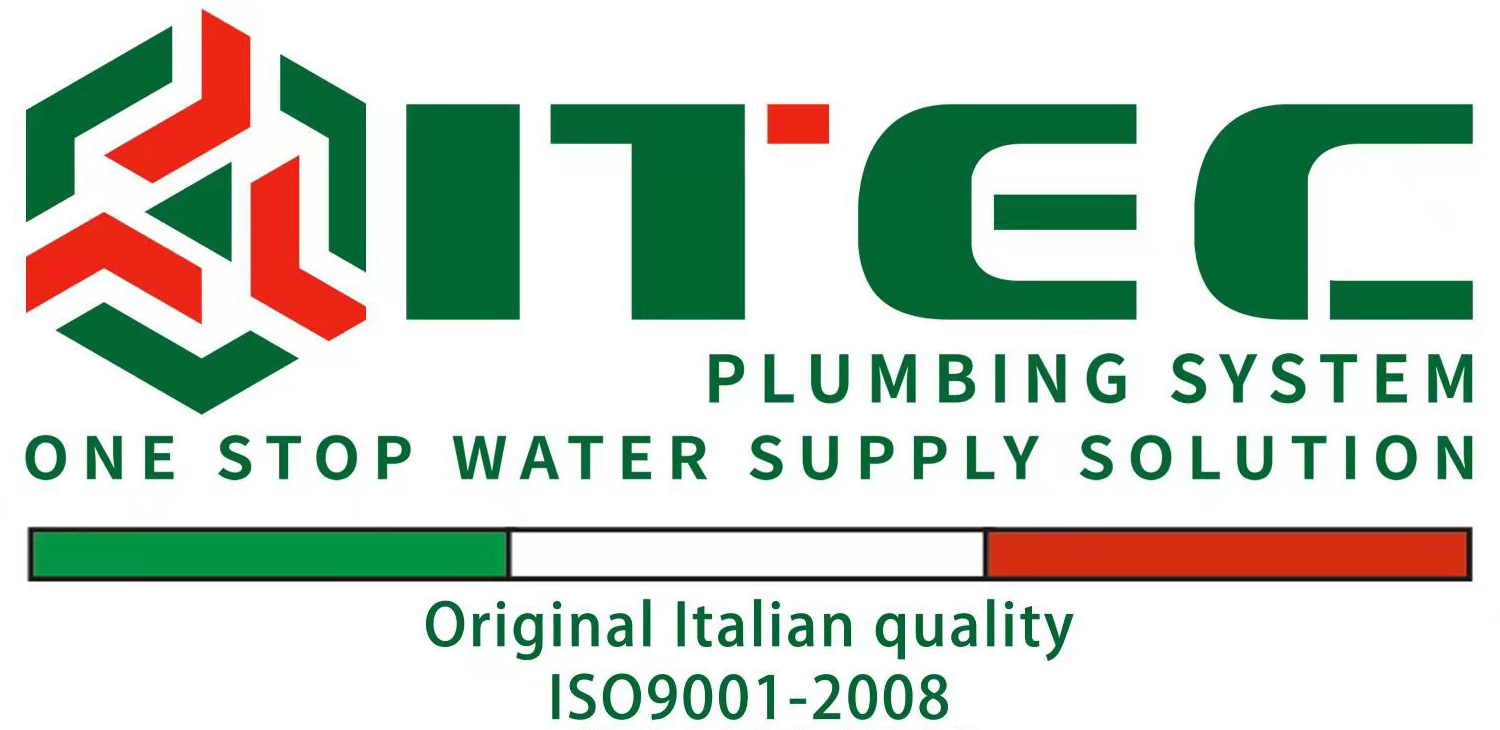Brass gas valves, integral to gas distribution systems, blend copper with zinc. This alloy offers robustness and resilience against corrosion, ensuring long-term reliability in gas handling.
Characteristics of Brass Gas Valves
These valves boast durability and corrosion resistance, critical in maintaining gas flow integrity under high pressures. Their design supports safety protocols essential for gas distribution networks.
Why Brass Gas Valves are Not Suitable for Water
Brass gas valves, though robust in gas environments, encounter challenges when exposed to water. Unlike gas, water corrodes brass over time, risking integrity and functionality.
Potential Risks of Using Brass Gas Valves with Water
Using brass gas valves for water applications poses inherent risks. Corrosion may compromise valve structure, leading to leaks and system failure, jeopardizing safety and efficiency.
Can Brass Gas Valves Be Modified for Water Use?
Modifying brass gas valves for water systems remains ill-advised. Such alterations neglect material specifications essential for safety and regulatory compliance.
Choosing the Right Valve for Water Applications
Opt for valves crafted from materials like stainless steel, tailored for water system demands. Stainless steel ensures longevity and corrosion resistance crucial for reliable water distribution.
Conclusion
In conclusion, while brass gas valves excel in gas applications, their unsuitability for water stems from corrosion risks. Prioritizing material-specific valves guarantees safety and operational reliability in diverse utility settings.
If you have read this article and have any questions, please feel free to contact IFAN. Below is our contact information:
Whatsapp:+86 13373827623
Email:[email protected]



